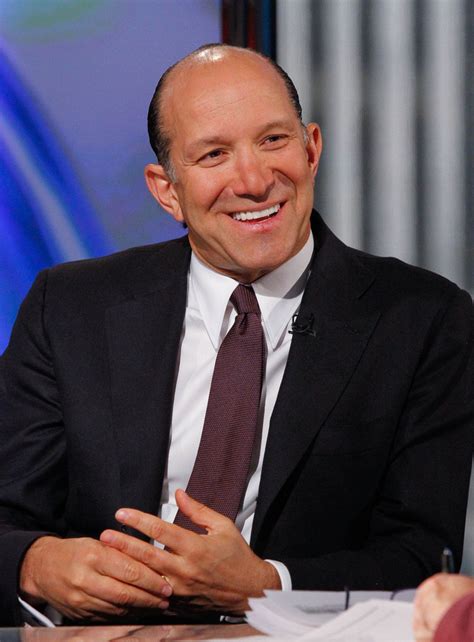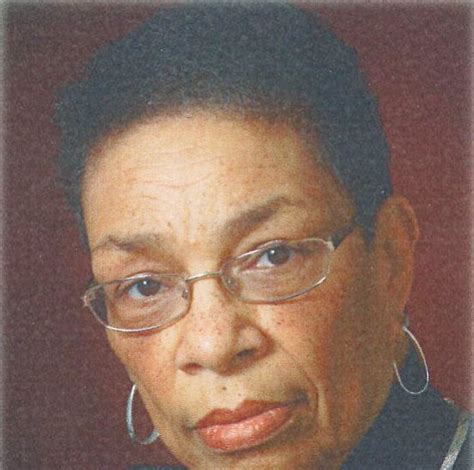A Quote by M. J. Rose
In 1998, I self-published online in order to get a traditional deal.
Related Quotes
I think it's really good not to get published. It sounds crazy but it's true. People want to get published very soon, but the moment that happens, you lose a bit of your originality. Once you publish, you are always doing things made-to-order. You stop being a weaver and become a tailor. You are tailoring things to suit other people's fashion.
The Trump administration has been characterized by adhocracy during its initial months. The initiative limiting immigration is a case in point. The new policy was not vetted fully within the administration - indeed, then-Acting Attorney General Sally Yates first read the decision after the text of the new executive order was published online.
I didn't think [Ella Enchanted] would get published. Everything I'd written till then had been rejected. If it was published, I thought it might sell a few thousand copies and go out of print. I thought if I was lucky I could write more books and get them published, too. I still pinch myself over the way things have worked out.
I was first published in the newspaper put out by School of The Art Institute of Chicago, where I was a student. I wince to read that story nowadays, but I published it with an odd photo I'd found in a junk shop, and at least I still like the picture. I had a few things in the school paper, and then I got published in a small literary magazine. I hoped I would one day get published in The New Yorker, but I never allowed myself to actually believe it. Getting published is one of those things that feels just as good as you'd hoped it would.


































